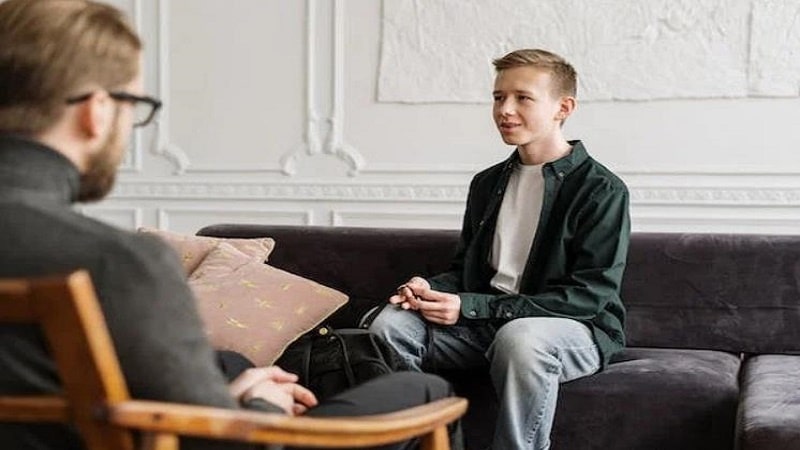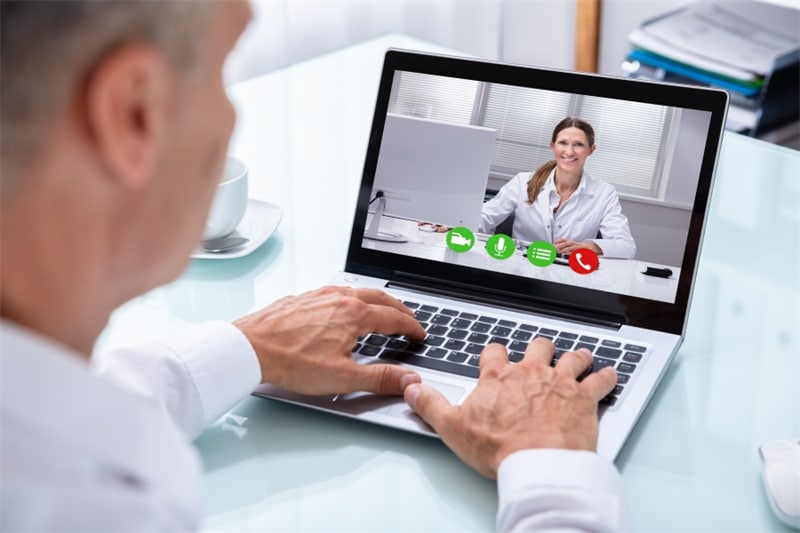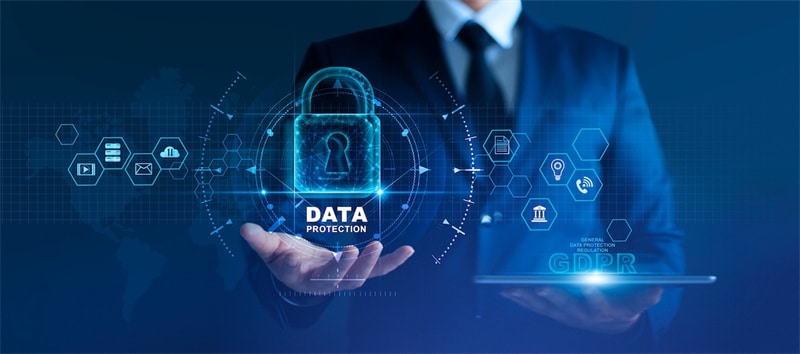
In an era defined by rapid technological advancements, healthcare is undergoing a transformative shift, and mental health care for youth is no exception. The integration of technology into youth mental health services has ushered in a new era of accessibility, engagement, and innovation.
As highlighted by Nature, the majority of mental disorders tend to emerge between the ages of 12 and 25. It underscores the critical significance of this developmental phase for understanding the origins, identification, and management of mental health challenges.
Transformative early intervention holds the potential to profoundly bolster the mental well-being of young individuals and mitigate the onset of severe mental disorders.
This article explores how technology is being utilized to tackle the various mental health challenges that can affect the younger population.
Teletherapy and Online Counseling

Teletherapy and online counseling have emerged as vital resources in addressing the critical shortage of mental health professionals, especially child and adolescent psychiatrists. The American Academy of Child and Adolescent Psychiatry underscored a drastic insufficiency of specialists available to cater to the needs of young individuals.
For every 100,000 children in the U.S., there are only 14 psychiatrists available. This is even though 1 in 5 children experience mental, emotional, or behavioral disorders annually.
Moreover, the scarcity extends to child therapists, including social workers, psychologists, and licensed professional counselors. The research amplifies the challenge, particularly in rural areas where access to care is limited.
Teletherapy and online counseling are invaluable solutions for bridging the geographical divide and offering timely support to youth in need. It leverages technology to reach those who might otherwise go without essential mental health care.
Mental Health Apps and Digital Tools
Mental health apps and digital tools have the potential to improve the lives of people with mental health conditions. They provide a variety of services, such as:
- Psychoeducation: They can provide information about mental health conditions and how to cope with them.
- Therapy: They can offer therapy sessions, either with a therapist or with a chatbot.
- Self-monitoring: They can help young people track their symptoms and progress.
- Support: They can connect young people with support groups or other resources.
These apps and digital tools can be a valuable addition to traditional mental health care. They can help young people get the support they need, even if they live in rural areas or have difficulty accessing traditional care. They can also be a more affordable option for some families.
However, it is important to note that mental health apps and digital tools are not a substitute for professional care.
Virtual Reality (VR) and Augmented Reality (AR) in Therapy
VR and AR are pioneering tools in the world of youth mental health care, offering innovative approaches to address anxiety and phobias. These immersive technologies create controlled, interactive environments where young individuals can confront and manage their fears in a safe virtual space.
This approach provides a level of exposure therapy that can be highly effective in reducing anxiety and phobic responses.
However, the implementation of VR and AR in therapy with youth necessitates careful ethical considerations. Safeguarding the emotional well-being of young clients is paramount. Therapists must ensure that the experience is tailored to their individual needs and readiness.
Research into the impact of VR and AR in youth mental health care is also burgeoning. Findings indicate significant reductions in anxiety symptoms and enhanced therapeutic outcomes. These immersive therapies hold immense potential to revolutionize how we treat anxiety and phobias in young people.
Electronic Medical Record (EMR) Service in Mental Health Care
The incorporation of electronic medical record service into mental health care signifies a pivotal shift in how patient information is managed and shared. EMR systems streamline the storage and retrieval of critical clinical data. It enhances the coordination of care among mental health professionals while promoting patient privacy and data security.
In youth mental health care, EMR systems facilitate seamless communication and data exchange between therapists, psychiatrists, and other stakeholders.
Furthermore, Psyquel notes that they offer a comprehensive view of a young patient's mental health history, enabling more informed and personalized treatment strategies. EMR services play a central role in improving the efficiency and quality of care for young individuals struggling with mental health challenges.
Data Privacy and Security

In the digital landscape of mental health care, the critical aspects of data privacy and security cannot be overstated. The escalating demand for mental health services has seen the proliferation of mobile applications tailored to cater to users' well-being.
However, as indicated by Mozilla's recent *Privacy Not Included research, these apps often fall short in safeguarding user data. Alarmingly, 59 percent of the top apps studied carried *Privacy Not Included warning labels, signaling significant privacy concerns.
Furthermore, this situation has deteriorated, with 40 percent of these apps showing a decline in protection standards compared to a year ago. This highlights a pressing need for stringent privacy regulations and heightened vigilance. We need to ensure that vulnerable individuals seeking mental health support are not exposed to unnecessary risks in their pursuit of well-being.
Take Away
Integrating technology into youth mental health care is not merely a convenience but an imperative. As mental health issues frequently emerge in early adulthood, technology provides inventive solutions to address the substantial deficiencies in mental healthcare.
The key message is that technology, when used ethically and securely, has the potential to revolutionize youth mental health care. It makes mental health care more accessible, efficient, and effective.










